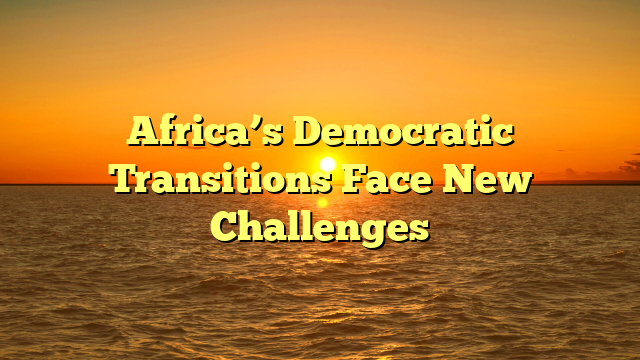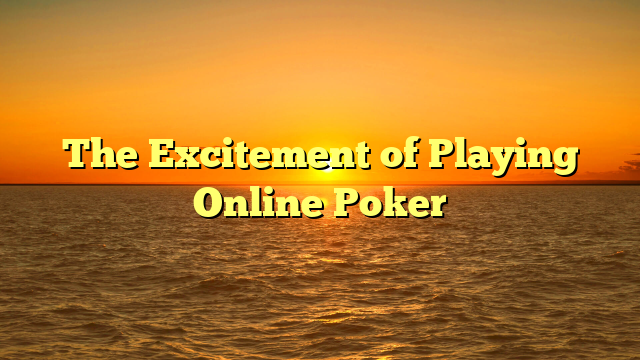Europe stands at a defining crossroads in 2025, as populist movements continue to reshape the continent’s political map. Economic uncertainty, energy insecurity, and migration pressures have fueled resentment against traditional parties. From France and Italy to Germany and Poland, populist leaders are challenging naga169 the European Union’s core ideals of integration and shared governance.
In France, Marine Le Pen’s National Rally remains a potent force, appealing to voters frustrated with inflation and social inequality. Meanwhile, Italy’s right-wing coalition, led by Giorgia Meloni, has consolidated power by emphasizing national sovereignty and conservative values. Germany’s far-right Alternative for Germany (AfD) has also gained momentum, capitalizing on public anger over immigration and high energy prices.
These shifts have left the EU struggling to maintain unity. Disagreements persist over defense spending, environmental targets, and fiscal policy. The war in Ukraine continues to test Europe’s resolve, with some nations urging peace talks while others demand continued military aid. “Europe’s unity is strong on paper, but fragile in practice,” said Dr. Elise Laurent of the London School of Economics.
The rise of populism is also reshaping European foreign policy. Some governments are questioning the bloc’s reliance on U.S. security guarantees, while others are exploring new partnerships in the Global South. Critics argue that such divisions weaken Europe’s influence on the world stage, especially as the U.S. and China vie for global dominance.
Economically, the EU faces the challenge of sustaining growth while managing record inflation and high public debt. Younger generations are increasingly disillusioned with bureaucratic politics, demanding bold action on climate and jobs. “Citizens are tired of rhetoric—they want tangible results,” said political commentator Luca Rossi.
With several national elections approaching, Europe’s future hangs in the balance. Will the continent reaffirm its commitment to liberal democracy, or drift toward nationalism and fragmentation? The answer may determine not only Europe’s destiny but also the stability of global politics in the coming decade.


